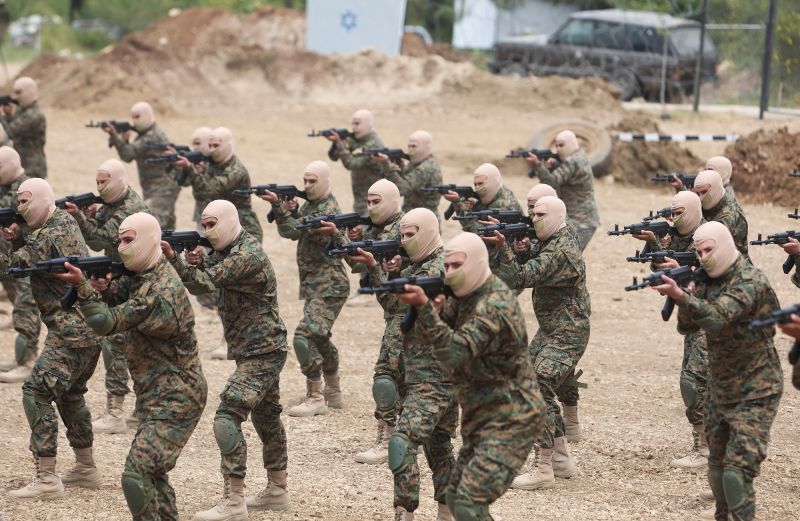
Unveiling the Secrets of Hezbollah: How Iran’s Powerhouse Impacts Israel’s Borders
Hezbollah is a powerful Iran-backed militant group with a long history of violent actions against Israel. It is known for its ties to Iran, its military offensive capabilities, and its role as a proxy force in regional disputes. Hezbollah has used its influence to shape the political landscape of the Middle East, and its actions have had a major impact on Israel’s security situation.
Hezbollah was initially formed in the early 1980s as a militant movement to resist Israeli occupation of Lebanon. The group was also used by Iran to support its policies towards Israel. Along with several other Shiite groups, Hezbollah became a formal political party in 1992, following the end of the Lebanese Civil War.
Hezbollah has grown steadily in political and military strength since the 1990s. It first waged a successful war with Israel in the 2006 summertime conflict, and since then it has grown to be one of the most powerful non-state actors in the region. Hezbollah is estimated to have a total of 25,000 to 40,000 fighters, making it the most powerful armed non-state actor in the region.
Hezbollah is also known for its political influence. The group has been heavily involved in Lebanese politics, and is influential within the Shiite community in Lebanon, as well as within other communities in the region. Hezbollah is also believed to be behind numerous terrorist attacks in the region, including the fatal bombing of a tourist site in 2006.
Despite its military strength, Hezbollah has largely been effective in avoiding direct confrontation with Israel. The group has focused its attacks on soft targets in the territories it controls. This has effectively allowed it to build influence in the region, without provoking open conflict with Israel.
Hezbollah is likely to continue to be a major player in the Middle East for the foreseeable future, as long as Iran’s support continues. Israel will have to remain vigilant in protecting its territory from attacks, while also attempting to avoid open conflict with the group. It is likely that Hezbollah will remain a major source of instability in the region.
